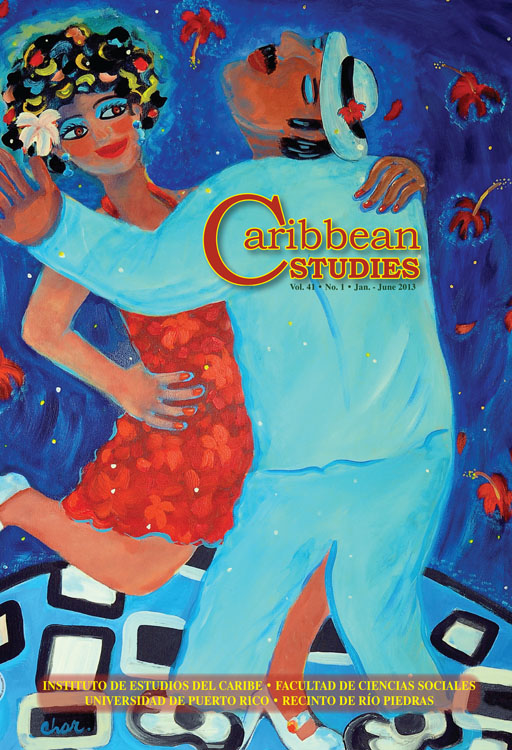Abstract
The study of the Civil Society (CS) has, in the last twenty years, become a hot topic. For, its large impact in events of world importance, such as the collapse of communism in Eastern Europe, the fall of the Berlin Wall and, more recently, the Awakening of the Muslim countries of North Africa. Such events have been associated with the existence and activity of groups within the CS. And their absence in other countries has been associated with their lack of political change. All this suggests that CS is an important factor in such political evolutions. The present paper reviews the literature on the Cuban CS to investigate: (1) how has it been studied and, (2) what is the current state of its health, its composition, and to estimate its capacity to interact within the Cuban society, which has recently started to change. Some researchers have approached the study of Cuban CS as one composed of political dissidents and religious groups, distorting the problem. For, there are other social groups, not necessarily religious or political, that have been ignored, or that have barely been considered, and whose contributions are of great importance to the CS. In our paper we undertake a brief review of the Cuban CS before the 1959 revolution, and of its replacement by a new one, stemming from such revolution. We then perform a critical analysis of several papers on the Cuban CS that have been grouped under three important themes. After such discussion, we derive some conclusions about the current state, as well as about the future of the Cuban CS.Downloads
Download data is not yet available.

